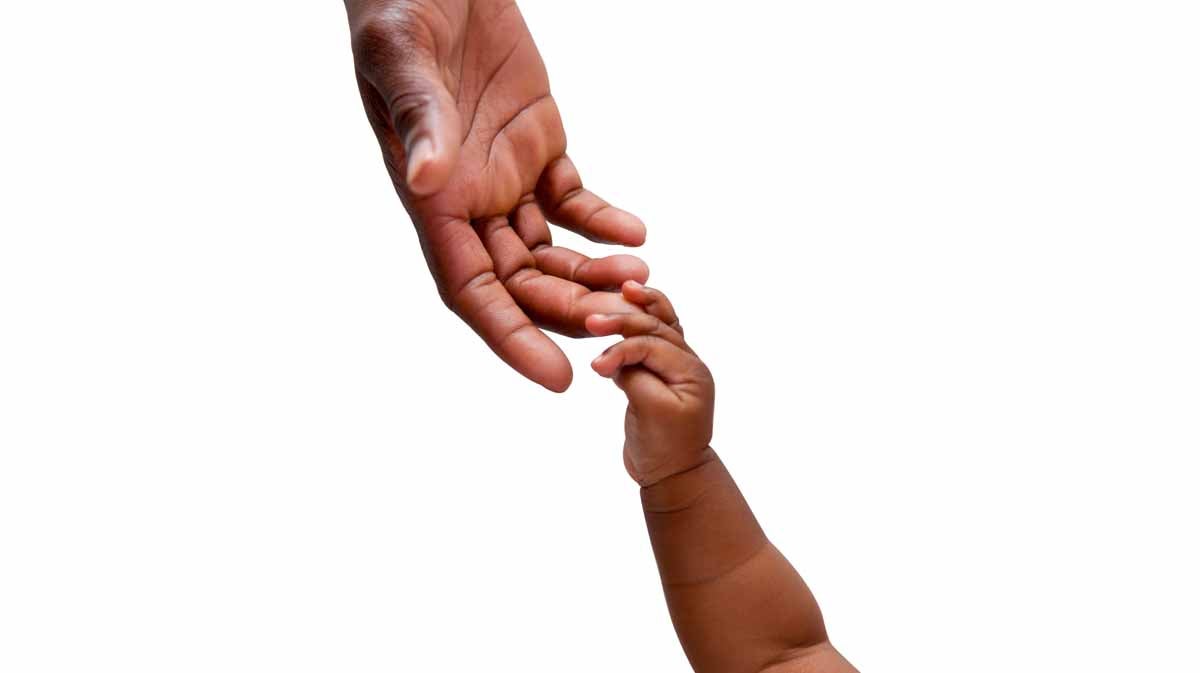The return of the invisible black men
Listen Photo via ShutterStock) " title="shutterstock_138915524" width="1" height="1"/>
Photo via ShutterStock) " title="shutterstock_138915524" width="1" height="1"/>
(Photo via ShutterStock)
This week, the New York Times reported that there are 1.5 million missing black men between the ages of 25 and 54 in America.
The report, based on an Upshot analysis, didn’t mean that black men are missing in the traditional sense. It does, however, mean that many of us are missing in ways that are just as disturbing. Because they are plagued by early death and mass incarceration, these men are invisible in their communities—a fact that has wreaked havoc on some black women and their children.
For every 100 black women between the ages of 25 and 54 who are not in jail, the report says, there are only 83 black men. In other words, the analysis says, more than one out of every six black men who should be between 25 and 54 years old and living in their communities are gone from daily life.
What does their absence mean? It means that some parts of our community have been left without husbands or fathers, without sons or uncles, without providers or protectors. And if the report is to be believed, the absence of those men has left us without hope.
Fortunately, I don’t carve my reality from the rough-hewn stone of statistics. Statistics, after all, can be chiseled and shaped to represent whatever point of view one wants them to support.
So what do I believe? I believe that the mass incarceration of black men has many causes, including the inescapable reality of personal actions by individuals who choose to commit crimes. But there is another reality, as well, and it is laid out in the Sentencing Project’s report on sentencing disparities to the United Nations.
“Racial minorities are more likely than whites to be arrested; once arrested, they are more likely to be convicted; and once convicted, they are more likely to face stiff sentences,” the report reads. It goes on to describe an even harsher reality: Black men are six times more likely to be incarcerated than white men and 2.5 times more likely than Hispanic men.
In some cases, the cause of such disparities can be traced to blatant, intentional racism. But according to the Sentencing Project’s report, it’s often deeper and more systemic than that, because America operates “two distinct criminal justice systems: one for wealthy people and another for poor people and minorities.”
How does that system work? On the surface, it is a system that is colorblind. But underneath, the report says, it is driven by implicit bias—the belief that blacks are inherently criminal, violent, and dangerous. The report, citing numerous studies, explains why this racial bias is wrong, since academics have been able to “demonstrate that … extremely disadvantaged neighborhoods experience higher rates of crime regardless of racial composition.”
Still, when one’s actions are driven by implicit bias, academic findings don’t matter. That’s why black men are 21 times more likely to be shot by police than their white counterparts, according to the investigative news organization Pro Publica. It’s why the Bureau of Justice Statistics found in a 2011 study that while blacks were stopped at similar rates as drivers of other races, they were three times more likely to be searched during traffic stops than white drivers, and twice as likely to experience the use or threat of violent force at the hands of police.
Living under that kind of pressure is like walking through life while carrying a ticking time bomb. Does that pressure explain why homicide is the number one cause of death among black men between the ages of 25 and 34? Not completely. But it might help explain why heart disease is the top killer among black men between the ages of 35 and 54.
When the biases of others cause you to be arrested more readily, punished more harshly, and killed more quickly, the stress of simply living can seem overwhelming. And such pressure can affect one’s health.
But more than the pressures that have caused 1.5 million black men to disappear from daily life, through incarceration or early death, there is the pressure on those of us who remain.
It is a pressure most of us don’t even know exists, because we hoist it on our shoulders and carry it with us wherever we go.
Perhaps it is that pressure that causes black men to spend more time with their children than men of other races, according to a study by the Centers for Disease Control.
Perhaps it is that pressure that causes black men to work and play so hard.
Perhaps it is that pressure that pushes us to succeed.
Because while the Sentencing Project estimates that 1 in 3 black men will find themselves in prison at some point in their lifetime, 2 in 3 black men will not.
It is therefore is up to those of us who remain in our communities to make sure we are ever visible, to make sure we are available, to make sure we make a difference, and to make sure we make things right.
If we can’t do at least that much, we might as well be invisible, too.
Listen to Solomon Jones M-F from 7 to 10 am on 900 am WURD
WHYY is your source for fact-based, in-depth journalism and information. As a nonprofit organization, we rely on financial support from readers like you. Please give today.


